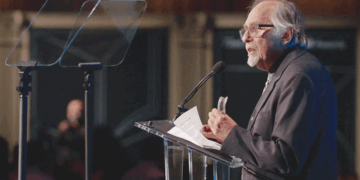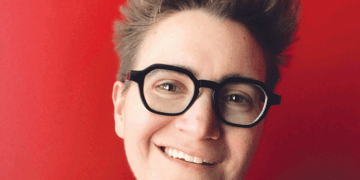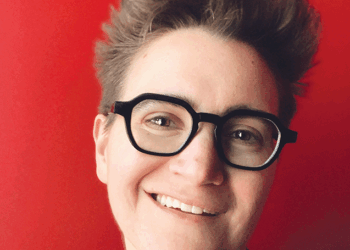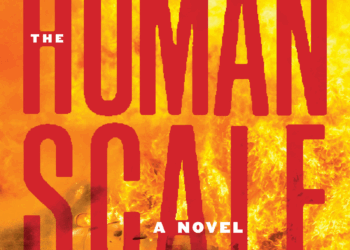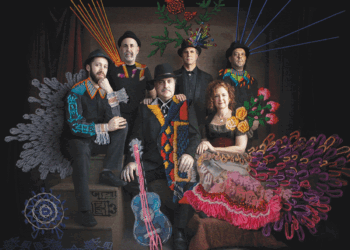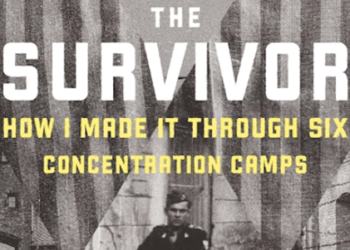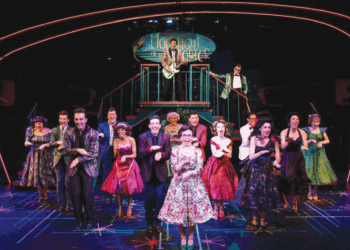Reviewed by NEAL GENDLER
Hunting Nazis wasn’t on Beate Künzel’s mind the day she met Serge Klarsfeld while waiting at a Paris metro station.
It was May 11, 1960, “the very day Adolf Eichmann was kidnapped by the Israelis,” Serge says. “Could that have been a sign of our destiny?”
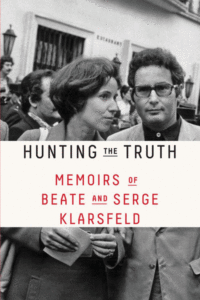
Evidently, for the couple, who married in 1963, would become world famous for finding Nazi criminals, gathering evidence against them and shaming Germany into putting them on trial — often at great personal risk, including arrests and a car bombing.
In Hunting the Truth: Memoirs of Beate and Serge Klarsfeld,they tell how they pursued Nazis never punished for killing people and deporting tens of thousands more to the death camps. Some were living openly, with important positions in business and government.
They began in 1967, when Kurt Kiesinger was chancellor of West Germany, which Beate found disgraceful. Kiesinger had been “responsible for the content of the Nazi radio programs broadcast in foreign countries,” Beate says.
As he spoke at a 1968 Bundestag session, she rose to shout repeatedly: “Kiesinger, Nazi, resign!” That caused German newspapers to discuss Kiesinger’s Nazi past. More famously, as Kiesinger attended a party meeting that November, she slapped him, shouting, “Nazi! Nazi!” earning a one-year suspended sentence.
“I knew I had to go further,” Beate says. She campaigned against Kiesinger from November 1968 to October 1969 and ran against him in his home district.
She would go on to disgrace other free-living Nazis, to campaign against rising anti-Semitism — which Serge calls “the pathology of Europe” — and for West German ratification of a 1971 agreement to try Nazis in Germany for crimes committed in France.
“Bringing Nazi criminals to justice was Serge’s most-important cause just as the campaign against Kiesinger had been mine,” says Beate, who wrote the greatest share of the book. Serge also worked to identify French Jews who died in the Shoah, in 1978 publishing an 80,000-name memorial.
Serge began helping Beate while employed, and after a layoff, joined her full-time, focusing on Nazis who’d killed and deported Jews — including his father — in France. Countless hours in often-forgotten archives created thick dossiers, meticulous German record-keeping providing self-incrimination.
They traveled widely, attracting helpers and often using unorthodox methods — including an attempted kidnapping — that eventually brought convictions. Their biggest catch, after 16 years of effort, was Klaus Barbie, “the butcher of Lyon,” living well in South America. Extradited to France in 1983, he was sentenced to life in prison in 1987.
Beate, a gentile Berliner born in 1939, grew up with little knowledge of the Shoah and in postwar privation that she says “taught me to live with adversity.” She needed it to cope with arrests, interrogations, expulsions and occasional imprisonment.
Serge was born in 1935 to a Romanian father and Russian-born mother living in France since 1923. In September 1943, his father was arrested while his wife, son and daughter hid behind a fake wall. He died in Auschwitz.
Investigating Kiesinger led Beate to Ernst Achenbach, complicit in a 1943 retaliatory deportation of 2,000 Jews from France, whom she disgraced from his nomination to the European Commission. Later campaigning helped keep Austrian President Kurt Waldheim, with a Nazi past, from reelection.
Clearly written and smoothly translated by Sam Taylor, Hunting the Truth is a fascinating, rapid read. Beate and Serge alternate sections; hers are longer and flow like a good novel.
The couple, given many awards, remains active with public appearances and work in organizations.
“For a long time we did not want to write this autobiography,” in 2012 asking to be released from their contract, Serge says. They felt their work spoke for itself. They also, very incorrectly, claimed “lack of talent for storytelling.”
They’re now glad they wrote, and we should be, too.
“We learned through experience that we were capable of raising ourselves higher than we ever thought possible,” he says. “Our readers will see this and, will, we hope, realize that they would be just as capable as we were if circumstances demanded it.”
Capable, perhaps, but equally determined and courageous?
***
Neal Gendler is a Minneapolis writer and editor.
(American Jewish World, 4.20.18)


